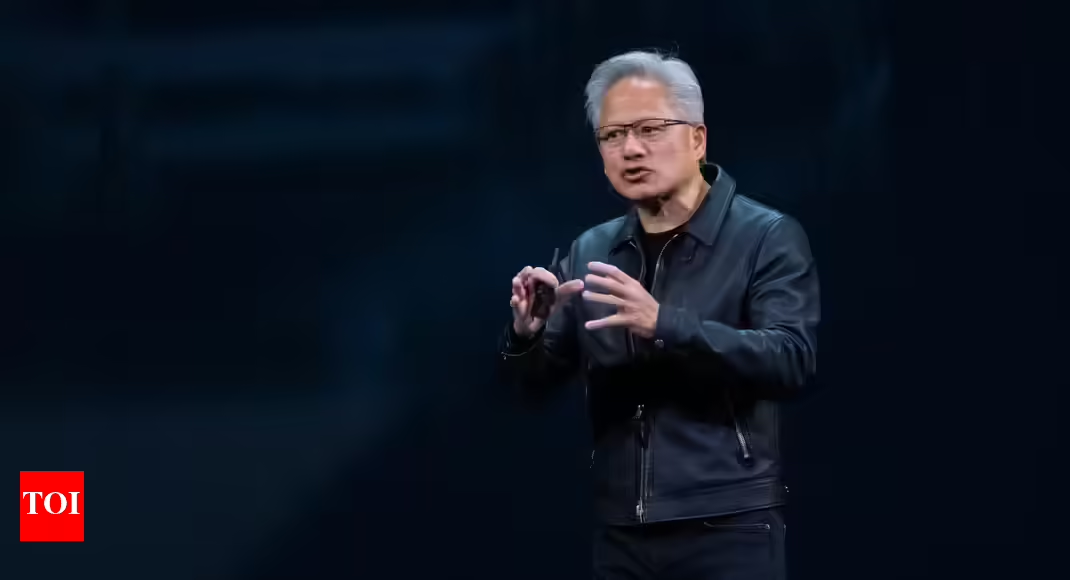Nvidia CEO Jensen Huang challenged US export controls on advanced semiconductors, arguing that continued technology collaboration and access to the Chinese market are ultimately in America’s best interest. Speaking to reporters in South Korea this week, Huang described China as a “singular, vital, important, dynamic market, and nobody can replace that.” He asserted he would continue campaigning for full access to this market, stating he is “optimistic” that China will remain a key consumer of US chips.“It’s in the best interest of America to serve that China market. It’s in the best interest of China to have the American technology company bring … technology to the China market … It’s in the best interest of both countries, and I hope that policymakers will ultimately come to that conclusion,” Huang said.
Huang pushes back Blackwell curbs and security concerns
Huang’s comments come amid US curbs that restrict Chinese firms from purchasing the most advanced semiconductors used for AI development. When asked by CNBC whether he would like Nvidia’s cutting-edge Blackwell GPUs to be sold in China, Huang replied, “I hope so. I hope so. But that’s a decision for President Trump to make.” President Trump later confirmed that he had discussed the export of some Nvidia chips with Chinese President Xi Jinping, but not the advanced Blackwell units.Huang also dismissed the national security rationale behind the curbs, arguing that China already possesses significant domestic AI capabilities.“China makes plenty of AI chips themselves, and the Chinese military surely have plenty of access to chips that are created in China,” Huang told CNBC. He pointed out that China has blocked Nvidia’s less-advanced H20 chip, suggesting, “in a lot of ways, China is saying that, ‘listen, we have plenty of AI technology ourselves’… And so the national security concern, from that perspective, I think, is really answered by the fact that China doesn’t want H20 or any American chips.”The Nvidia CEO underscored the size of the potential revenue at stake, estimating the China market opportunity to be “probably $50 billion this year,” and potentially “a couple of 100 billion dollars by the end of the decade.”

